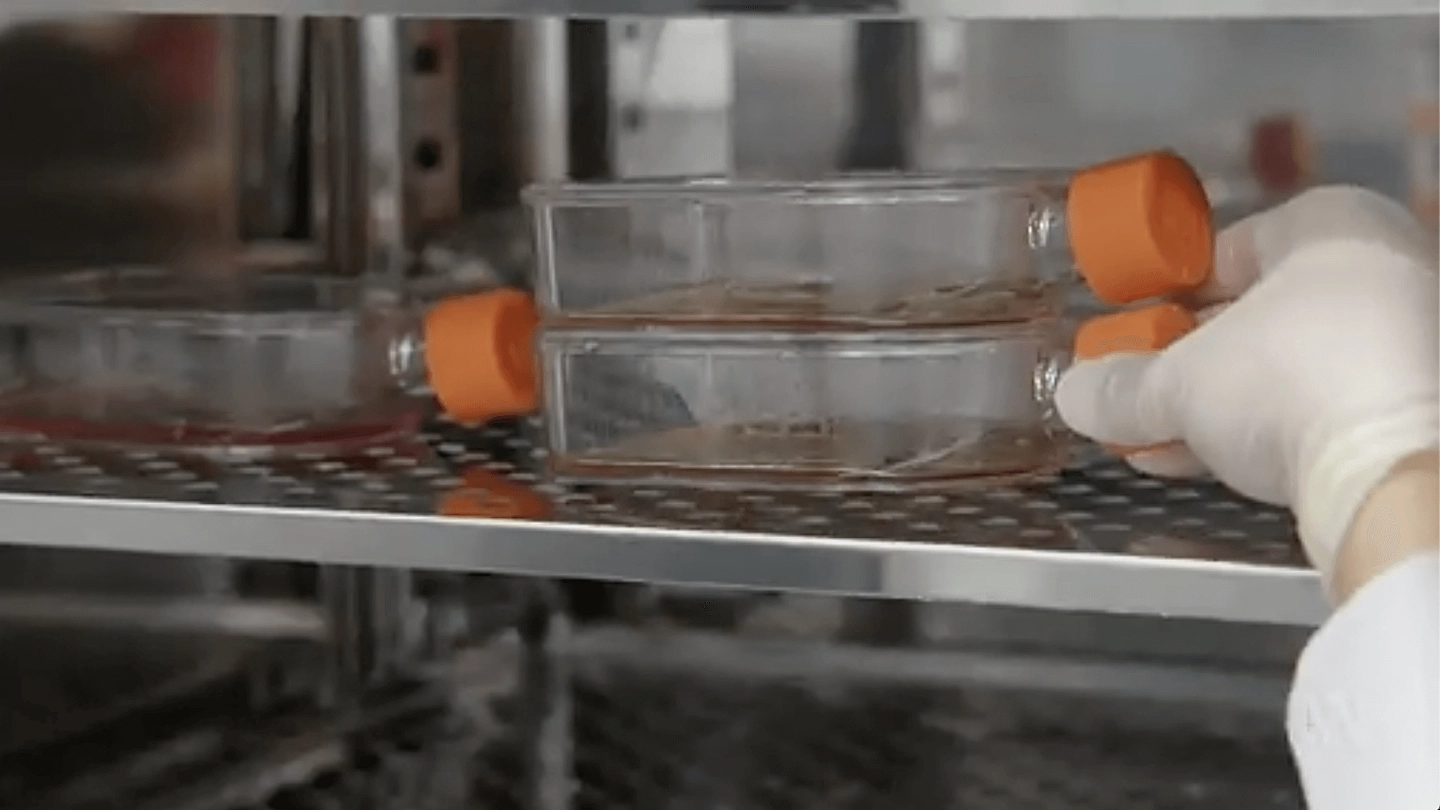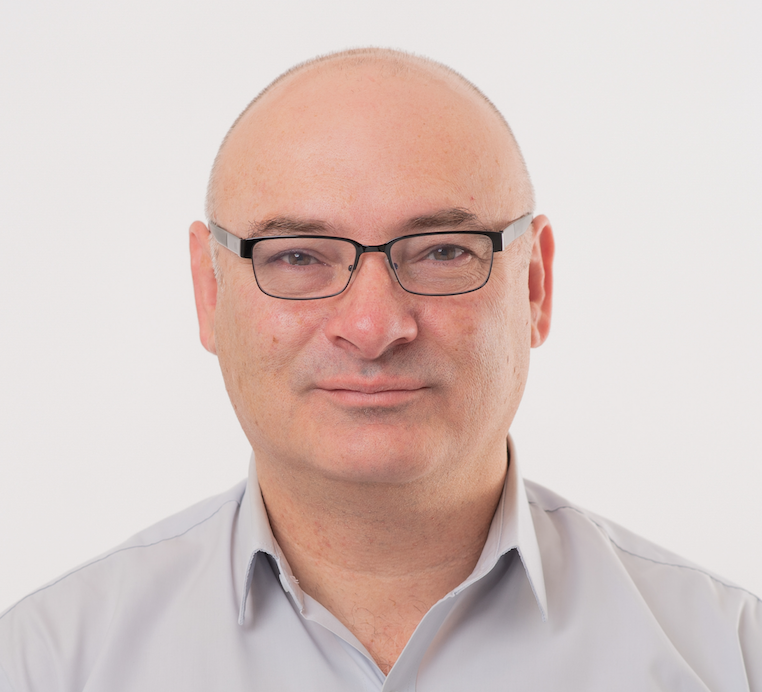Project Status: In progress
Project administered by: The University of Adelaide
Postnatal mesenchymal stem cells (MSC) derived from connective tissues are capable of developing into multiple cell lineages - myelosupportive stroma, adipocytes, smooth muscle cells, myoblasts, ligament cells, chondrocytes and osteoblasts.
This team examines the transcriptional, epigenetic and signalling factors that regulate MSC self-renewal, proliferation, multi-differentiation and immune cell modulation. These molecular processes are being investigated as underlying mechanisms mediating tissue repair, inflammation, tumour cell development and aged related diseases.
This project involves three primary investigations:
- Pharmacological targeting of tyrosine kinase receptors and epigenetic modifying enzymes in mesenchymal stem cells to treat cranial bone conditions. The use of chemical inhibitors to modify bone cell differentiation by mesenchymal stem cells in the cranial sutures to treat craniosynostosis in children.
- Investigation of the importance of cell-to-cell communication and cross-talk between bone cells, blood cells and neural cells during skeletal development and repair. Investigating the role of the membrane-bound contact-dependent molecules, Eph/ ephrin, to mediate cell-to-cell communication and function between bone cells, blood and immune cells and neural tissue during development and tissue repair.
- Investigating the role of epigenetic modifiers to control mesenchymal stem cell self-renewal and cell fate determination in development and tissue repair. Investigation of the role of histone acetylation and methylation or DNA methylation in mesenchymal stem cell self-renewal and cell fate determination, in the context of skeletal stem cell ageing and bone disease.


